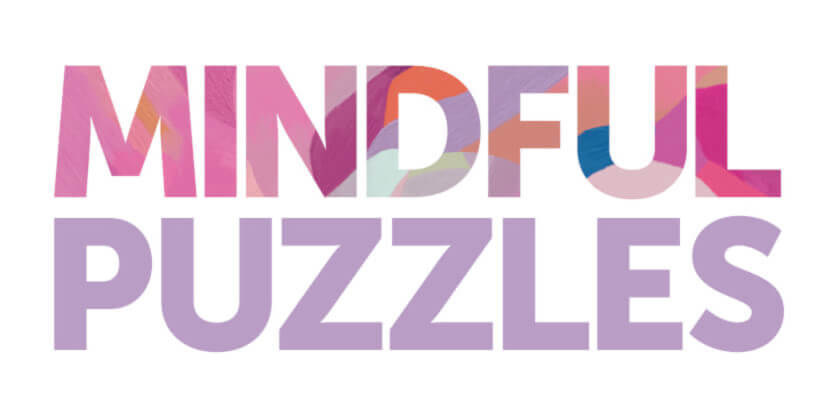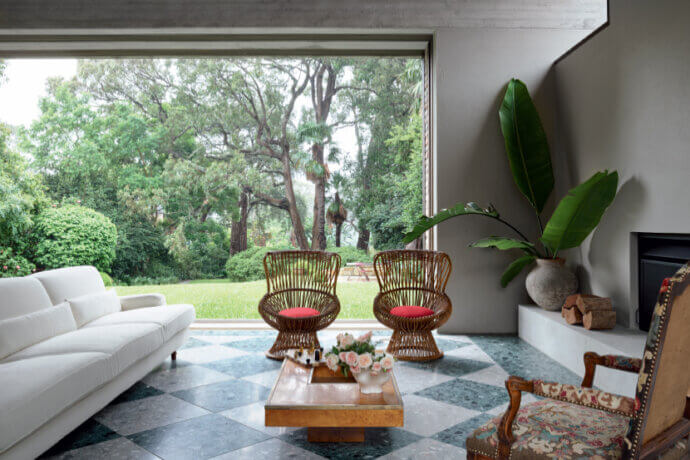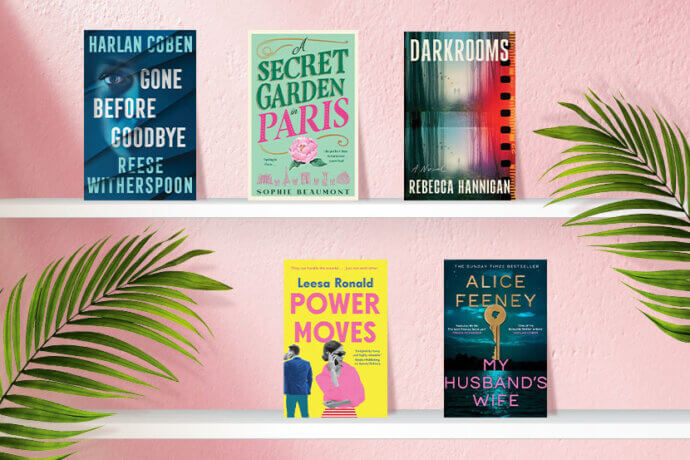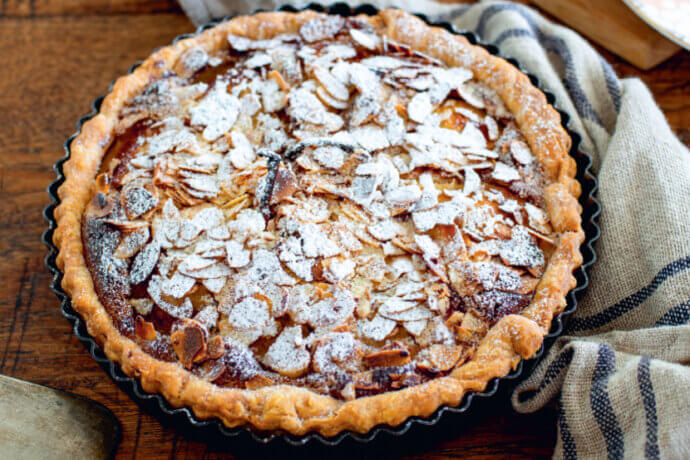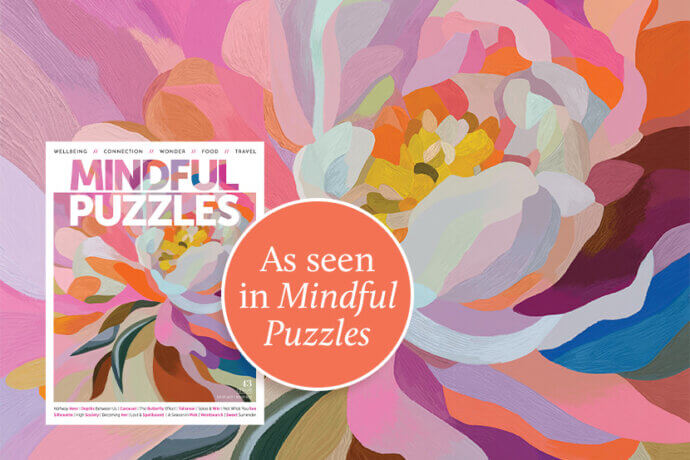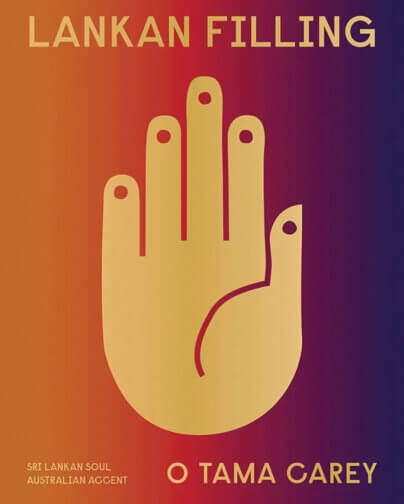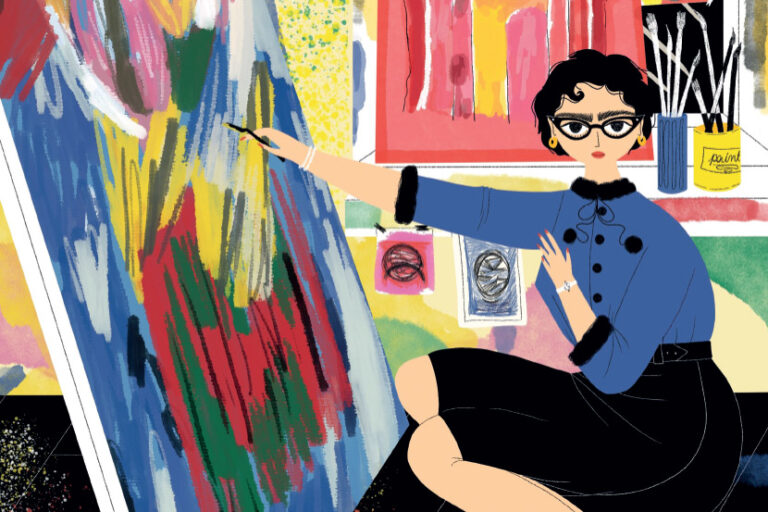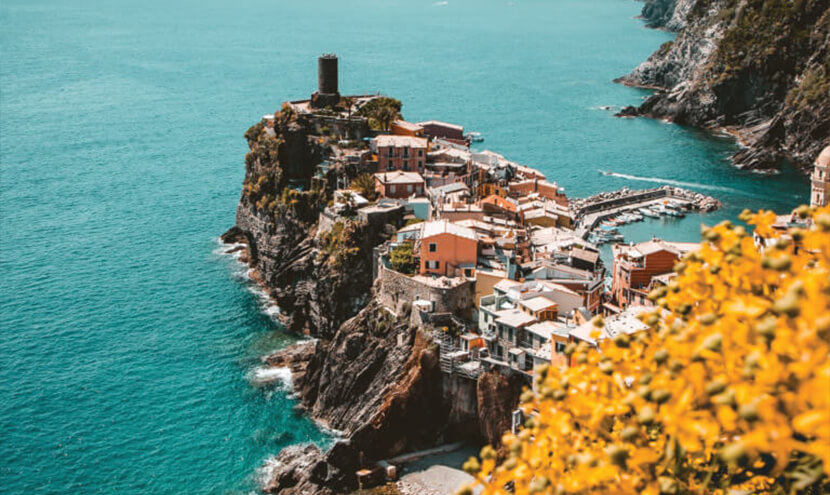
Made famous by Elizabeth Gilbert’s Eat, Pray, Love, this signature Italian phrase translates to ‘the sweetness of doing nothing’ – a peaceful pearl of wisdom that has captured hearts worldwide. But are we standing in the way of ourselves with all our tedious to-do lists? Pause from your frenetic feats, take a seat, go slowly, and look upon the world with wonder.
I leaned one cheek against the taxi window, eyes lingering along the winding magnificence of the hills that weave their way to the Amalfi Coast. This was my first solo journey to Italy: the birthplace of my parents and the rumoured birthplace of Western civilisation. But this was also a trip to find some inner peace: a necessary seclusion from my very un-serene life.
As the taxi rumbled along rustic streets, an old-world recognition rang out in the sights all around me, a life that felt slower, smoother. A miniature nonna, stout and dressed in black, waddled up the hill carrying a basket of vegetables. Boys played ball in the streets, shouting robustly, lost in the game. A wrinkled and happy couple sipped espresso on a balcony while watching the world go by. A sweet sense of calm swept over me. This was my heritage. My family.
The Italian saying, ‘dolce far niente’, rang in my head. I had read Elizabeth Gilbert’s Eat, Pray, Love once more before this trip to enrich myself with the romanticism of solo travel. I remembered the similar term that Luca Spaghetti taught Liz, teaching the Italian tradition of embracing the simple beauty of doing nothing at all. “We are the masters of bel far niente”, Luca says in the book. “The more exquisitely and delightfully you can do nothing, the higher your life’s achievement.”
My Italian-Australian parents have never uttered this phrase. Life in the Mascaro family has always felt like a rushed kind of high-decibel madness. My dad has always been a chronic workaholic, chugging along six days a week before an accident forced him to slow down, and my mother has an everyday to-do list that is a mile long. And she gets pretty much everything done on that list. Every. Single. Day.
Sometimes it’s exhausting watching my mother, especially in the weeks before Christmas – the flurry of hands wrestling open packages, the aggressive kneading of fresh pasta dough, the clamouring at my dad to get more tomatoes, the fussing over a well-stirred four-hour sauce, or a mad rush to pick up another delivery from the Italian store.
There seems to be no ‘bel far niente’ in my family. But here in Italy, on a taxi ride along the auspicious Amalfi Coast, I became suddenly curious to find out the truth of this platitude.
Out the window, Positano stretched wide in front of me like a glittering movie screen. Sunset dozed at the horizon’s brink, oranges splashing out over white, red, and yellow houses that fell like waterfalls along the vertical façade that cascaded down to the rocky beach.
As the taxi rolled into Hotel Poseidon’s driveway, a concierge opened my door, flashing an expensive-looking smile. He escorted me to my room, gave me a husky-voiced tour, and wafted out with a flourish. I laid my bags down, opened the French doors and stepped on to the balcony, drinking in the warm sea breeze. Falling into an armchair, I watched the world, speechless: my only thoughts returning to the exotic aromas around me – lemon? Mandarin? Was there a touch of basil, bergamot, or some flower I recognised from home? I picked up a fuchsia bougainvillea flower that adorned the balcony balustrade, and for half an hour more I watched the sun peer down, down, until the world was still. The sweetness of doing nothing.
Eventually the night grew an air of excitement as grilled fish and fresh pasta filled my senses. I put on a light dress and sandals and, without even touching up makeup, I went downstairs. I asked Antonio, the concierge, where I should go for dinner. He gave me simple directions, and off I went, smiling at strangers as I strode with a holiday-esque spring.
I found the family-owned cliffside ‘ristorante’ some 300 metres down the road, draping dramatically over the ocean. I was greeted by a loud and hefty Italian man who seated me at a stereotypical red and white laden table, announcing that his wife was cooking up a feast. He recommended the gnocchi. Of course, I said yes. I remembered the times I’d helped my mother make it as a child, watching her expert hands rolling the potato dough, cutting rolls into small chunks, and gently rolling the fork to indent the gnocchi.
An accordion player struck up a whimsical tune and I tapped my foot to the chorus. My meal was presented with pride, and I thanked the owners, testing out my terrible Italian. With views that stretched across the darkly glittering ocean, a delicious meal in front of me, and a glass of red keeping my cheeks warm, happiness rose from my heart. It took me a long time, but I finished the whole meal. The owner was pleased and poured me a complimentary glass of liqueur. I can’t tell you what it was, but it tasted hot and fruity. A couple smiled at me from the next table. The owner grinned with satisfaction as he sank into a chair and poured his own glass. He was in no rush to get rid of his customers that night.
My heart soared as I shut my eyes and remembered festive family holidays, my mother carrying out delicious overflowing platters: mini rolls, pickles, ham and olives and roasted capsicums. Our greedy hands plunged and stuffed mouths, relishing the sweetness of summer. No matter how old we got, we all emerged from the swell of those moments with bubbles of little-kid laughter. And my mother would always be watching with a smile. Ah, the sweetness of time spent with family. The satisfaction of preparing food, pure nourishment and love.
As I sipped my glass of red, I let a tear roll, realising that those precious hours after Christmas lunch were my mother’s version of dolce far niente. Feet up with her family, she was whole, present, and filled with happiness. Dolce far niente was simply an old-school Italian method of mindfulness, and my mother was more in the know than any of us realised.
Caitlin Cady, author of Heavily Meditated, asserts that mindfulness practices can come in all forms. “We can be ‘mindful’ in our lives off the meditation cushion through non-judgemental, focused, present-moment awareness,” Caitlin says. “This more informal approach can be applied to our daily activities like eating, movement, working or even parenting and relationships.”
While the original meaning is adrift – a glamorised term rarely spoken now by Italians themselves – to me, dolce far niente speaks to the tradition of nonnas who sit peacefully on porches after lunch, or men who play cards in alleyways, or those that leave work for their afternoon siesta to read or make love to their wife. The sweetness of rustic, rural Italian life. While we can’t completely stop the turbulence of our modern-day trajectories, we can take a few tips from my mother, who knows how to plan for – and carefully create – those moments. She’s not a woman who leaves things to chance.
Just as Luca said to Liz: “The beauty of doing nothing is the goal of all your work, the final accomplishment for which you are most highly congratulated.”
Words: Rose Mascaro
